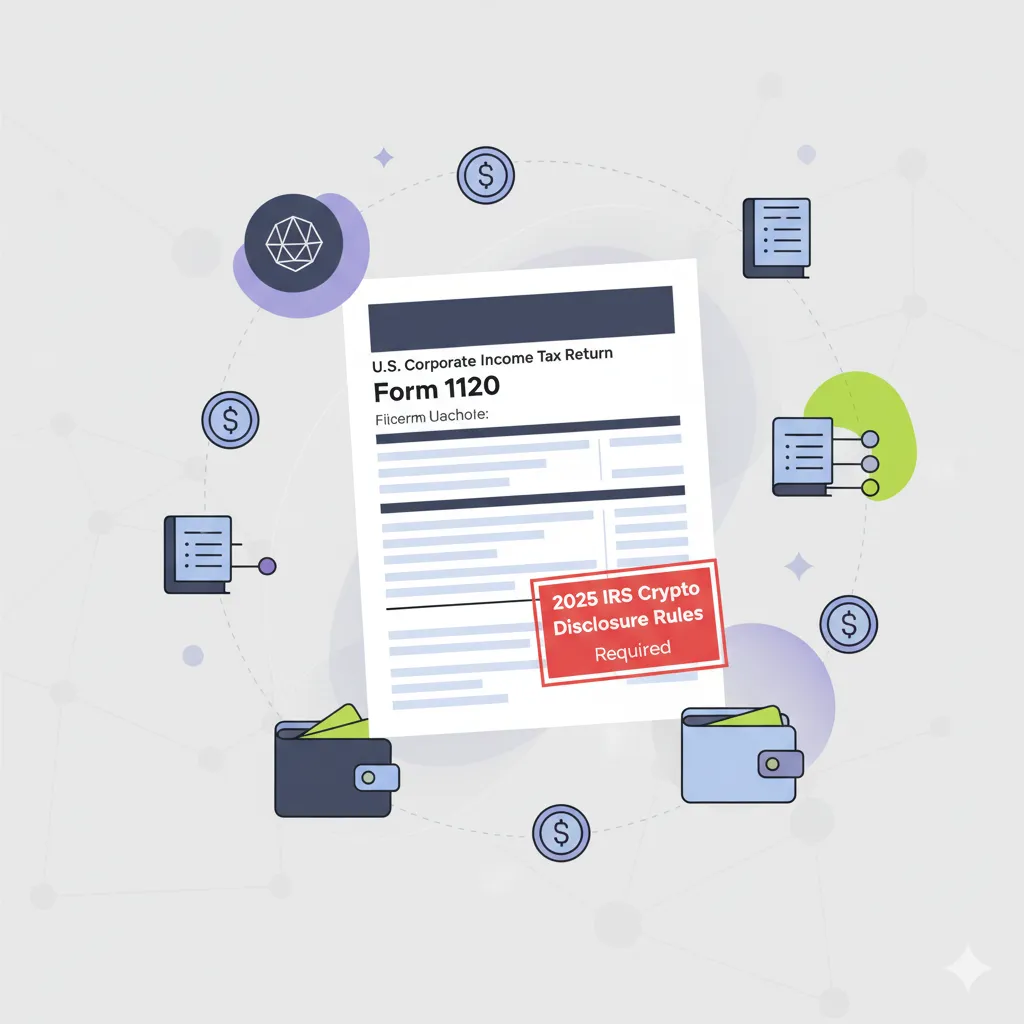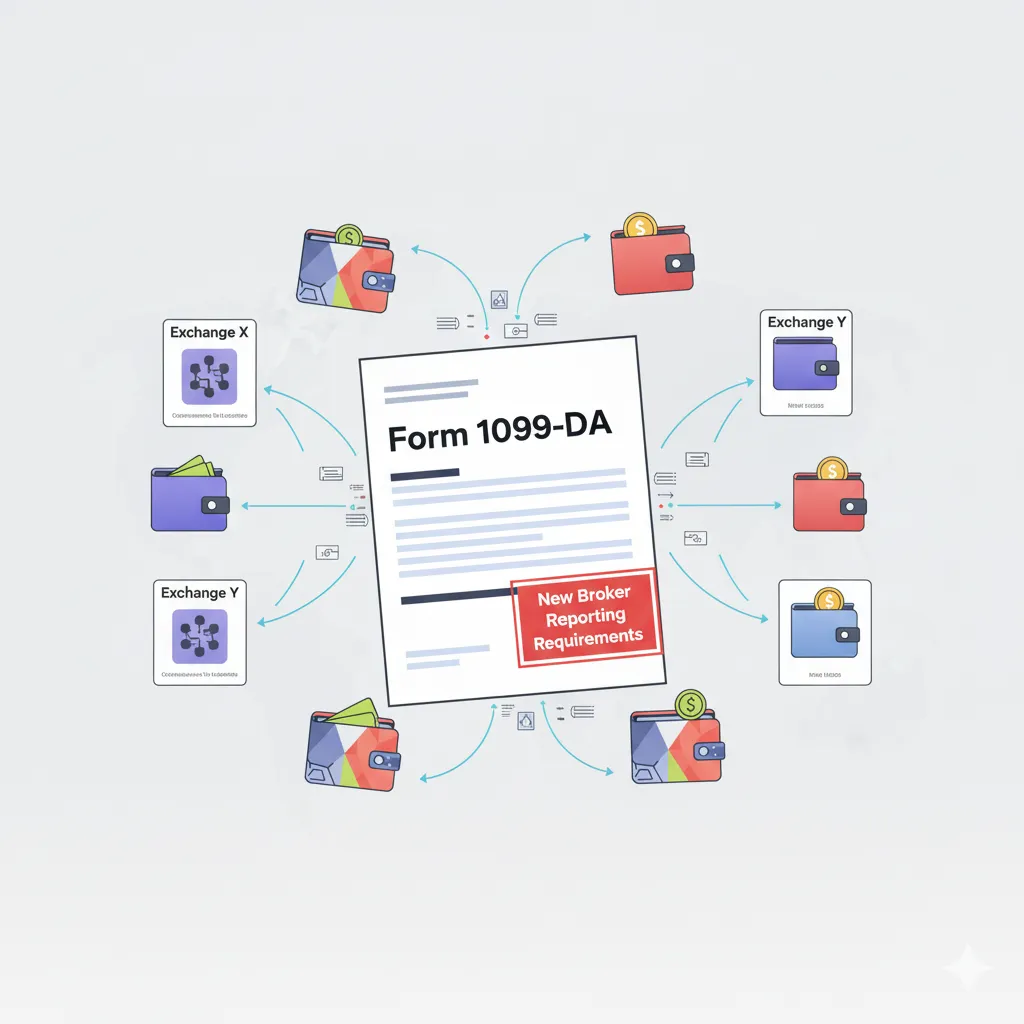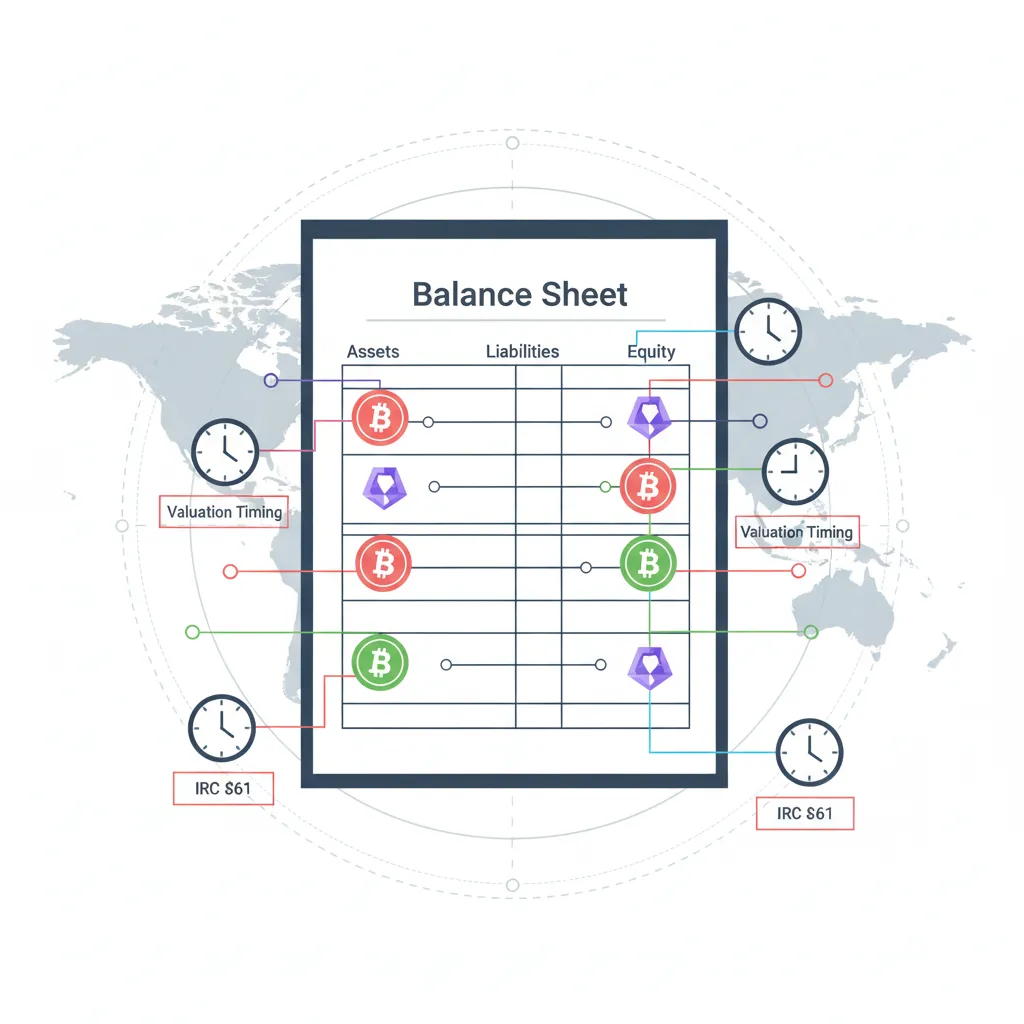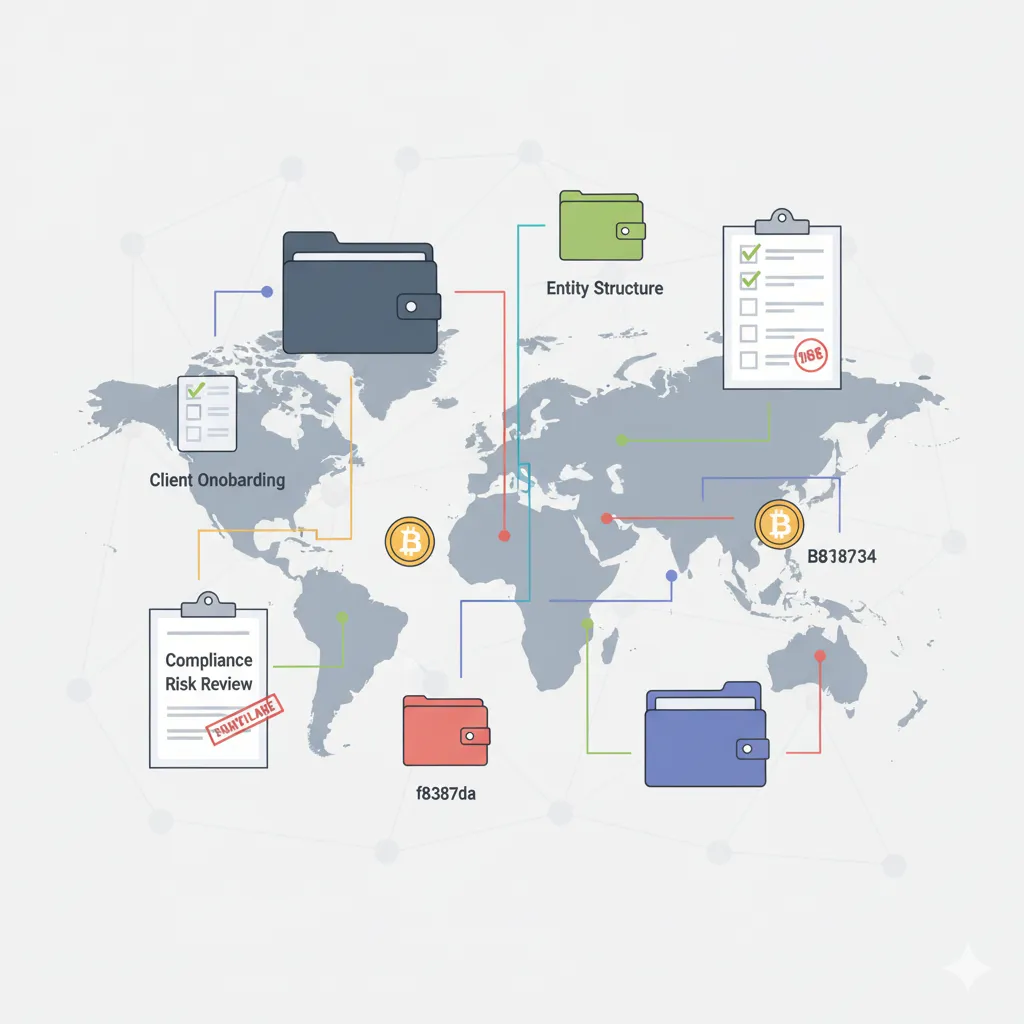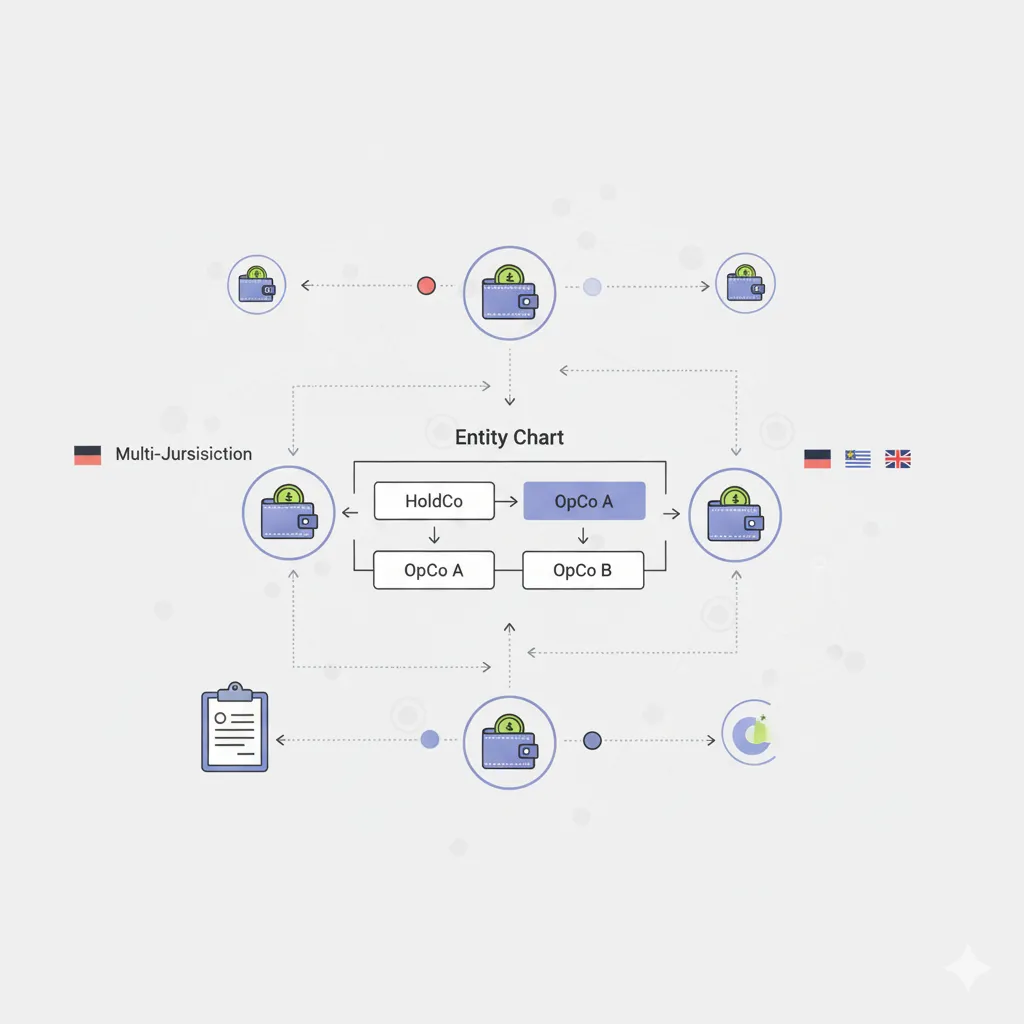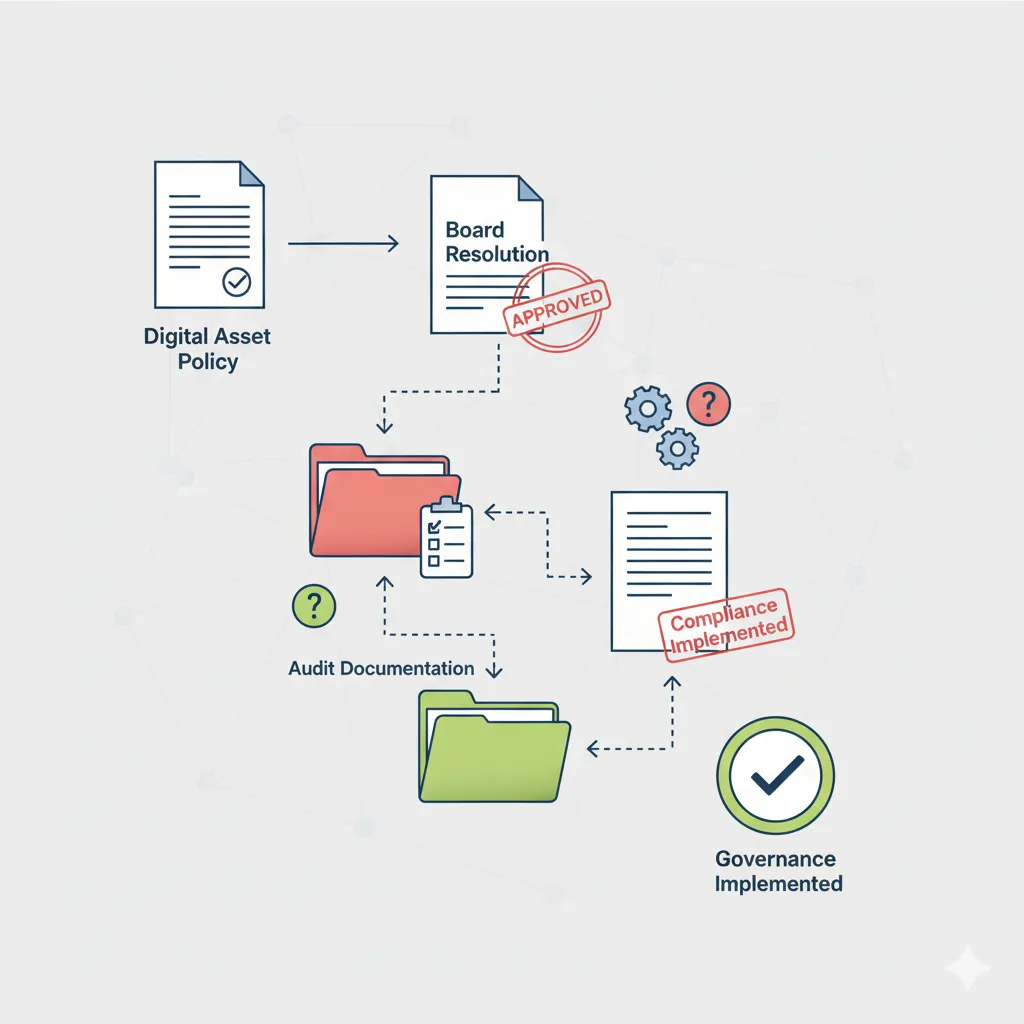Understanding IRC Section 6045(c) and the Expanded Definition of Digital Asset Brokers
The launch of Form 1099-DA on January 1, 2025, represents the most significant expansion of tax reporting requirements since the creation of the modern tax system. For crypto businesses, this new form fundamentally changes how transactions are reported to the IRS and creates unprecedented transparency in the digital asset ecosystem.
Historical Context - Why Form 1099-DA Was Necessary
Before 2025, cryptocurrency transactions existed in a reporting vacuum that created significant challenges for both taxpayers and the IRS. Most crypto exchanges provided no tax forms, some platforms used Form 1099-MISC for large transactions, traditional brokers used Form 1099-B only for securities, and DeFi platforms provided no reporting at all.
The lack of systematic reporting created an estimated $50 billion annual "tax gap" in unreported crypto income, according to IRS studies. This gap undermined tax compliance and created unfair advantages for non-compliant taxpayers. Congress addressed this gap through the Infrastructure Investment and Jobs Act, which expanded the definition of "broker" to include digital asset service providers and mandated standardized reporting through Form 1099-DA.
IRC Section 6045(c) - Legal Foundation of the New Requirements
IRC Section 6045(c) now defines a broker as "any person who (for consideration) is responsible for regularly providing any service effectuating transfers of digital assets on behalf of another person."
Key legal elements include:
- "For consideration" requirement covering fees, commissions, or spread compensation, subscription-based services, revenue sharing arrangements, and does not require direct customer charges as advertising revenue may qualify.
- "Regularly providing" standard encompasses consistent, ongoing service provision, not limited to daily operations, includes seasonal or periodic services, and excludes one-time or isolated transactions.
- "Service effectuating transfers" scope includes direct execution of buy/sell orders, custodial services for customer assets, wallet hosting and management services, and payment processing using digital assets.
Entities Required to Issue Form 1099-DA
Traditional Crypto Exchanges
Hosted Wallet Providers
Digital Asset Payment Processors
Reporting Requirements
Traditional crypto exchanges must report gross proceeds from all sales, date and nature of each transaction, customer identification information, and cost basis beginning in 2026.
Hosted wallet providers are distinguished from self-custody solutions where only custodial wallet providers are subject to reporting requirements. Self-custody wallets where users control private keys are not covered.
Digital asset payment processors must report payments processed for merchants, consumer-to-business transactions, B2B payment facilitation, and international payment processing.
Custodial staking services include exchange-based staking programs, institutional staking providers, pooled staking services, and delegated proof-of-stake validators with custodial features. Non-custodial DeFi protocols and validators are currently exempt from reporting requirements, though this may change in future regulations.
Treasury Regulation § 1.6045-1 Implementation Details
Form 1099-DA content requirements include customer name, address, and taxpayer identification number, description of digital asset transferred, date of each transaction, gross proceeds from sales, and basis information beginning 2026.
Reporting Thresholds and Requirements
Expanded Broker Definition - Who's Covered and Who's Not
Clearly Covered Entities
All centralized cryptocurrency exchanges that hold customer funds are unambiguously covered under the new definition, including both spot trading platforms and derivatives exchanges. Any entity that holds digital assets on behalf of customers while providing transaction services falls under the broker definition. Companies that facilitate digital asset payments between parties are covered when they maintain custody during the transaction process.
Gray Area Entities
DeFi protocol developers face regulatory uncertainty. Potentially covered protocols include those with administrative controls, upgradeable smart contracts with centralized governance, and protocols collecting fees through centralized mechanisms. Likely exempt protocols include fully decentralized protocols with immutable contracts, open-source software without centralized control, and protocols operating entirely through smart contracts.
Digital asset definitions include NFTs, creating reporting requirements for custodial NFT platforms like OpenSea and Rarible with custody features, gaming platforms with in-game asset trading, and metaverse platforms with asset exchanges.
Mining and staking pools require complex analysis for different pool structures. Custodial pools that hold customer assets are likely covered, while non-custodial pools with self-custody arrangements may be exempt.
Timeline and Implementation Phases
- Current Phase (2025): Gross proceeds reporting only, basic transaction information, customer identification data, and annual reporting by January 31, 2026.
- Enhancement Phase (2026): Additional requirements beginning January 1, 2026, include cost basis reporting for customer transactions, detailed transaction categorization, enhanced record-keeping requirements, and quarterly reporting for large transactions.
- Full Implementation (2027): Complete system beginning January 1, 2027, encompasses DeFi protocol reporting requirements, cross-border transaction coordination, real-time reporting for large transactions, and integration with international reporting systems.
Compliance Strategies for Crypto Businesses
For Entities Subject to Reporting Requirements
Technology infrastructure development requires system capabilities including customer transaction database with historical data, automated Form 1099-DA generation and filing, integration with IRS filing systems, and backup withholding calculation and processing.
Third-party software solutions include TaxBit Professional for crypto tax reporting, Lukka Enterprise for institutional compliance, Chainalysis for transaction monitoring and compliance, and custom solutions for large-scale operations.
Operational compliance procedures require customer onboarding enhancements including enhanced KYC procedures with tax focus, Form W-9/W-8 collection and validation, backup withholding notification procedures, and annual customer information updates. Transaction monitoring systems need real-time transaction classification, suspicious activity identification and reporting, cross-platform transaction coordination, and audit trail maintenance and documentation.
Risk Management and Penalty Avoidance
Civil penalties include $280 per missing or incorrect form (2025 amounts), up to $3.4 million annual maximum per entity, enhanced penalties for intentional disregard, and customer lawsuit exposure for incorrect reporting. Criminal penalties include willful failure to file that may result in criminal prosecution, money laundering violations for inadequate reporting, and tax evasion charges for systematic non-compliance.
Best practices for penalty avoidance include over-reporting rather than under-reporting when uncertain, professional review of all 1099-DA forms before filing, regular legal and tax advisor consultation, and industry best practice benchmarking and adoption.
International Implications and CARF Coordination
Crypto businesses operating internationally face complex reporting obligations. U.S. reporting requirements include Form 1099-DA for U.S. customers regardless of business location, FBAR reporting for foreign crypto accounts, and Form 8938 reporting for specified foreign financial assets. Foreign reporting requirements include CARF implementation in participating countries, local digital asset reporting requirements, and tax treaty coordination and information sharing.
Strategic considerations for global operations include separate legal entities for different jurisdictions, transfer pricing coordination for inter-company transactions, and professional service provider coordination across borders.
Future Regulatory Developments
Anticipated expansion includes DeFi integration where future regulations likely address smart contract reporting requirements, decentralized exchange transaction reporting, NFT marketplace enhanced reporting, and cross-chain transaction coordination. International coordination includes CARF implementation and expansion, bilateral tax treaty modifications, enhanced information sharing agreements, and standardized global reporting formats.
Conclusion
Form 1099-DA brings digital asset transactions into the same reporting framework as traditional securities, creating unprecedented transparency but also compliance burdens. Crypto businesses must implement robust reporting systems now and prepare for expanded requirements including DeFi coverage and international coordination. Professional compliance infrastructure is no longer optional—it's the price of admission to legitimate crypto markets.
Next step: Evaluate whether your crypto activities require business or investment classification under enhanced IRS scrutiny.

.svg)


